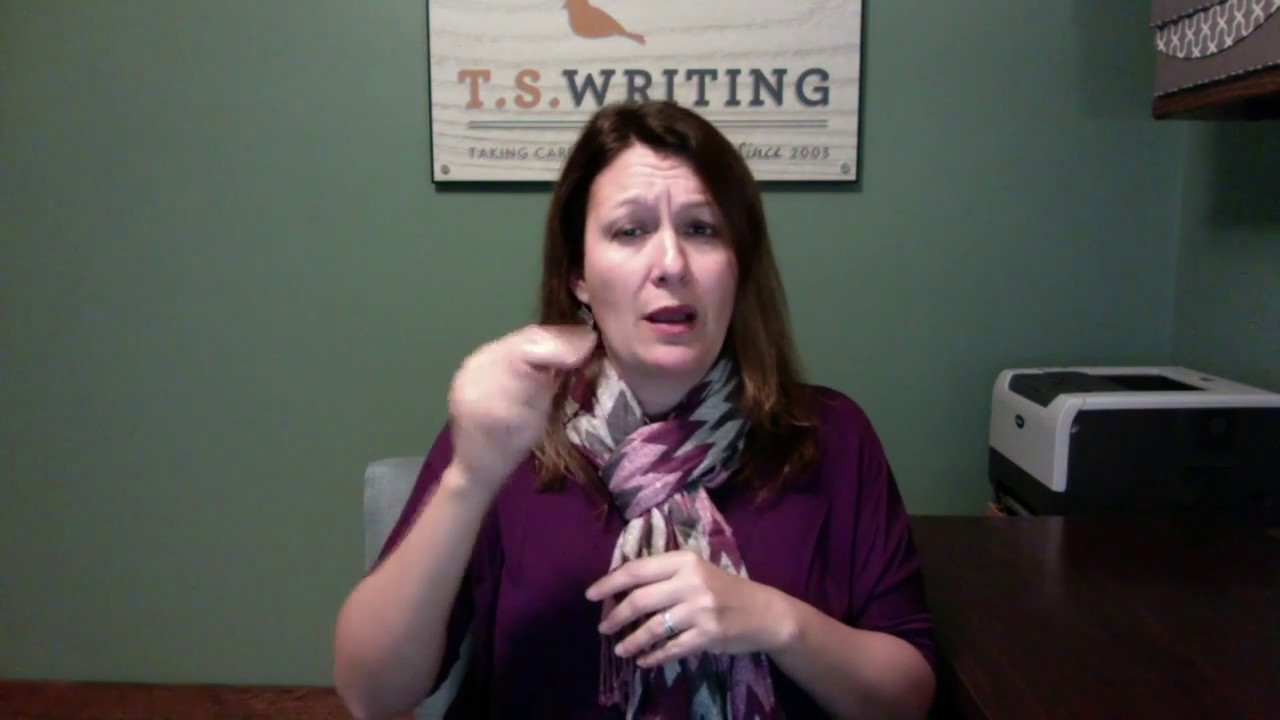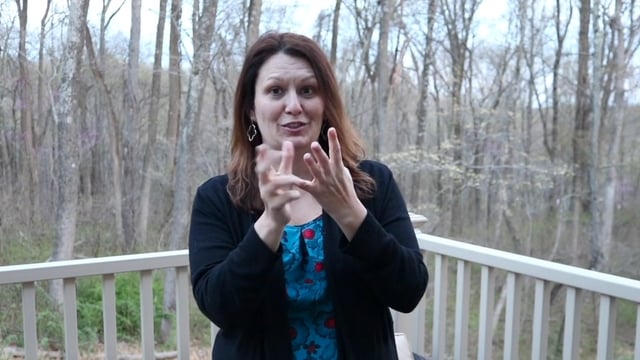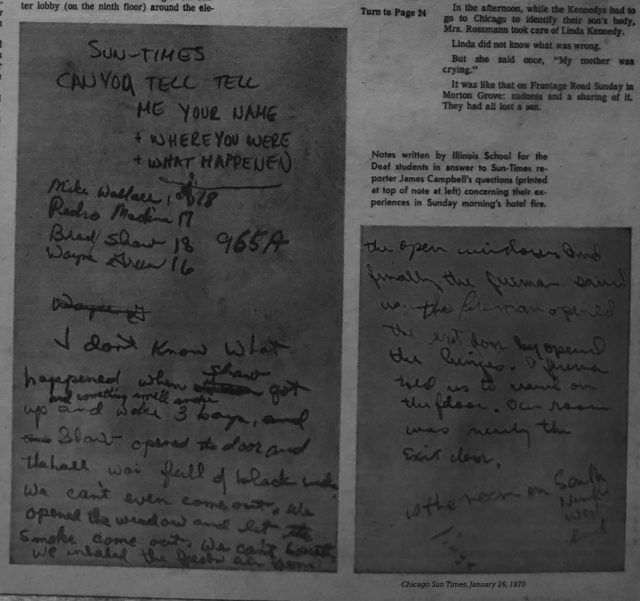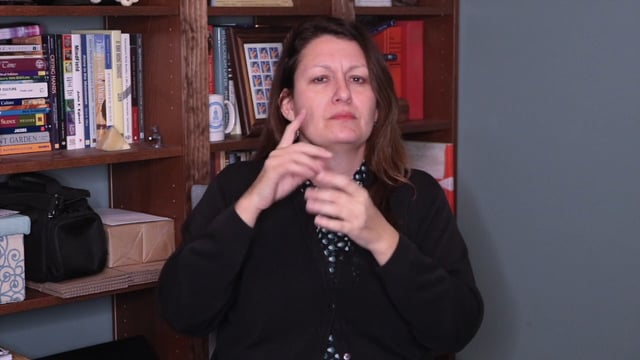Originally appeared in Silent News, March 2001.
It’s the wee hours of Valentine’s Day (3:05 a.m. to be exact). I’ve just spent the last few hours finishing up the March issue, rearranging the front page story about the Gallaudet murders. Of course, by the time you read this, the murders will be old news, thanks to the Internet. Even so, we should not forget what happened at Gallaudet.
Back in my November 2000 editorial, I wrote about how horrible this must be for Minch’s family – especially since they, too were members of the deaf community. We shouldn’t forget these victims and their families, even years from now when the murders are but a distant memory.
The Gallaudet news came after a powerful weekend I had. This past weekend alone, I found out about three deaths: my friend’s stepmother who had been murdered years ago, another friend’s mother who passed away of cancer just last January, and the wife of a friend whose wedding party I was part of last summer and who just lost her mother to a car accident three nights ago.
Many of you who have followed my writings since my college days know that I lost my father to an overnight and sudden case of pneumonia. I was 16 at the time, and his death continues to affect me every single day of my life. I’ve written often about Dad, and I will probably always write about him. He’s such a mysterious figure to me; we were very close, yet not close at all.
Last year, I took a series of road trips (20,000 miles in all). I left my job, left my life behind in Minnesota, and went to seek fulfillment. I found it. The first destination was Morganton, NC, where the North Carolina School for the Deaf (NCSD) is. It’s also where my dad went to school. My dad spoke about NCSD on a daily basis when I was with him – I lived three hours away from Dad growing up – and with such fondness, that I felt I needed to visit NCSD to truly understand his spirit.
The very first night I was in Morganton — I had been there as a child, and again for the 1994 Homecoming, but didn’t remember too much of either visit — I felt as if I truly was home. I stayed there for a week, in addition to a few visits after that. I met so many individuals who knew my father, my uncle or my other relatives who also attended NCSD. But most of all, my father.
In each of them, I saw a startled look whenever they saw me say, “My name’s Trudy Suggs…” They’d ask, “Lewis or Mike?” and I’d always proudly say, “Lewis.”
So many people still don’t know that Dad is dead. How could he be dead? He’s not even old! One night a group of friends and I were at a local restaurant during my visit in Morganton, and we ran into two teachers from NCSD. One of them recognized my last name, and immediately began to tell me how much she loved my dad’s silliness and sense of humor. She then asked the much-dreaded question: “How is your father doing?”
Dreaded question, not because Dad had died, but because I knew I was about to drop a bomb and affect her spirit.
As soon as I told her that Dad had died at the age of 40, she dropped her fork and tears welled up in her eyes. I could see that she was now suddenly faced with her own mortality, since she was the same age as my father. As they left the restaurant, I saw the woman ask her husband, “How could he be dead? He was so young.”
As I have gotten older and no longer that smart-mouthed little brat – although some people may disagree – people are now looking at me as my own individual, my own person, rather than somebody’s daughter. With this job, I’ve gotten to meet so many people who have known me since I was a baby or known my parents from when they were kids. I often get letters addressed to me as “Anita’s daughter” that begin with, “I am a friend of your mother’s” (or father’s). This is how intimate the deaf community is, and this is the very reason I am so affected by any friend’s loss of family or beloved ones.
Last Friday, I went to see Compensation, a terrific film that stars Michelle A. Banks, a deaf actress. Upon my arrival at the movie, a friend introduced me to a local school administrator. Her first sentence to me was, “I knew your father.” As we exchanged introductions, she shook her head in amazement and said, “My goodness, you look so much like your father.”
It does make me feel rejuvenated when people share stories about Dad, especially when they say I look and act like him. It’s neat that I can develop characteristics like his when I haven’t seen him in a decade. It shows me how much one simple life can affect so many. My dad wasn’t anything special in terms of “life achievements.” He was simply a state worker who was single with a love of women and beer, and rented a small typical bachelor’s pad in Springfield, Ill. Nothing outstanding about his life at first glance. Right?
Wrong.
During my visit, I met one of the oldest teachers at NCSD who is now retired. As he told me about how he had toured all seven continents of the world, I realized that this was the same printing teacher my father had talked of so fondly. I told him who my father was, and his face lit up. He shared how my father was ornery and a terrific printing student (copies of Dad’s grades say otherwise, though).
I told the teacher to hang on for a second, and I ran out to my truck. I have two huge scrapbooks that I made of my father’s pictures, and one of them has a 8×10 black and white picture of my father standing next to an enormous printing machine. Above the machine is a sign hanging from the ceiling saying, “THINK.”
When I showed this picture to the teacher, his jaws dropped and a stunned look came over his face. “That’s my machine. That’s my sign. That was mine…” he said. He seemed lost in memories, and said he hadn’t seen this machine for 20 or 25 years. He started crying, and told me this was an incredible gift for him, to see a future generation bring back memories to him. It was a powerful moment for me, to see that because of my father’s death, I was able to let another respected man know – through my perseverance of my father’s memories – that he, too, was important to my father.
For years I felt a longing to close the chapter on my dad’s death. But along the journey, I found out that these kinds of chapters aren’t meant to be closed. They’re meant to be savored in the most enlightening ways possible, and they’re meant to be continued. I take great, great pleasure and comfort in the fact that I am a living memorial to my father.
For each friend of mine that lost someone, I felt and feel such an incredible sense of sorrow, empathy. I know that they will eventually realize that death is simply a hard reminder that we must always remember people’s spirits. We must preserve their spirits by living them out in whatever ways possible.
It’s been a long, hard journey for me to understand this, and accept this. I’m just grateful I’ve been able to let other people know that they were important in one man’s life, and now my life.
When my father died, I found a poem in his wallet. My father wasn’t very poetic; far from it. So I’m not sure why he had this poem in his wallet. I like to believe that he left it for me to find. One of the lines say, “Please know that I am always here with you.” And you know what?
He is.
Copyrighted material. This article can not be copied, reproduced, or redistributed without the written consent of the author.





thanks for sharing with us. I didn’t know up till now that In some ways, we both have similar backgrounds. My father was a printer at the New York Times, along with other deaf printers. He suddenly passed away when he was 40 years old. To put in a nutshell, he worked at the 3rd shift so he was asleep during the daytime. When I got home from school, he was still in bed. By the time my sisters and I tucked in, he’d get up for work. It was like that for several years. I didn’t see much of him as compared as to other children. But I do have some good memories of family stuff we all did together. I hate sports (still do), and he loved sports so it was my sisters who played with him, not me. One unforgettable time we shared was thet father and son night-out to the Yankees ball game where Mickey Mantle scored a home-run. I really cherished that memory. As I got older, I asked people who knew him to tell me about him. Good stories, some funny and one plain “urban legend.” About a few years ago, my mother showed me a letter my father wrote her, telling her how much he loved her. That was before he proposed her. I never knew that before, and when I read it for the first time. Priceless.
Trudy, I just wanted to thank you for mentioning this article in Facebook that I saw today. This is a beautiful article on several levels – personal, spiritual and community-wise. My dad was from NCSD too. I loved the part about the printing teacher.
Wonderful comments about your father and all memories you opened up when you learned more from your father’s friends and former teachers. Wonderful journey you traveled on and may there be more surprises along the journey. :-)